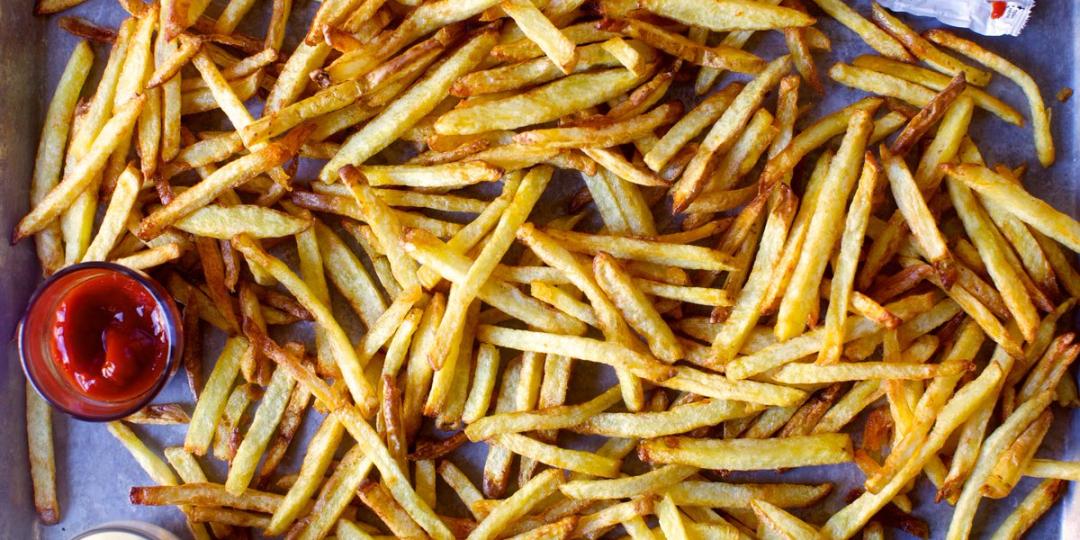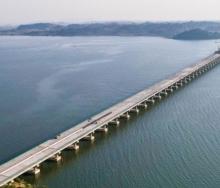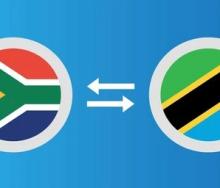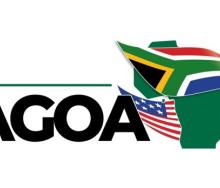Government needs to conduct an urgent review of the impact of import duties on the increasing cost of food, and remove newly imposed duties on imported french fries.
This is according to XA Global Trade Advisors CEO Donald MacKay, who raised concern about the issue during a media briefing on Wednesday.
This call comes on the back of the International Trade Administration Commission’s (Itac) recent imposition of provisional duties on frozen fries imported or originating from Belgium, Germany and the Netherlands. The provisional duties imposed are as high as 190% for some countries.
MacKay said the new duties had led to massive hikes in the price of fries.
“We cannot continue to impose duty upon duty on food and expect it not to harm consumers. The duties on fries specifically have increased the price of fries by 88%, from R16/kg in 2021 to R30/kg in 2022. Duties are not in the public interest, they are just another form of tax that consumers have to bear and have the concerning consequence of increasing the cost of food in an already tightly squeezed consumer market. The time has come to take a hard look at our trade policy and to weigh up its impact on the rising cost of living,” Mackay said.
Itac imposed the provisional duties on fries as a way to protect domestic suppliers, based on its assumption that imported fries were causing harm to local manufacturers. But Mackay said Itac’s Essential Facts letter, published on October 24 this year, was “littered with errors, miscalculations and flawed product comparisons”.
“Itac is applying duties without taking into account the actual state of the sector, its challenges or the impact that duties have on consumers. Nor has Itac seen fit to take into account evidence submitted by numerous importers and trade partners. For example, Itac has not considered two fundamental facts: the first being that there is a shortage of domestic potatoes used to make fries, and second, that there is not enough fries processing capacity in South Africa to meet local demand,” MacKay said.
Merlog Foods general manager Georg Southey said out of all potatoes grown in South Africa, 88% were processed for consumption and 12% for seed. Of the 88% for consumption, only 20% is used for the production of french fries and crisps.
McCain, the largest local manufacturer, owns more than 75% of the market for french fries, and controls the bulk share of the fries processing sector and the potatoes used to make fries.
“The result of a general shortage of SA potatoes used for fries and a constrained processing capacity, compounded by the fact that the largest manufacturer uses in the region of 75% of all potatoes in this category, means that everyone else has to import fries in order to meet the growing demand for fries in the SA market,” Southey said.
MacKay said he believed the imposition of final duties would help the firm consolidate its dominance in the SA market.
“What naturally follows the imposition of duties on imports is that local manufacturers increase their own prices to meet the import price.”
The SA Reserve Bank’s October Monetary Policy Review cautioned that duties drove up the price of food, hurting consumers.
Potatoes and fries are both VAT-exempt, to provide basic foodstuffs at a reduced price to benefit the poor.
“This begs the question: why is government imposing duties on VAT-exempt products which it knows will result in price increases? This kind of misalignment in government policy reinforces the need for a comprehensive review of our trade policy, especially when consumers are buckling under the strain of a hyperinflation cycle,” Mackay said.
In September, the government suspended the imposition of additional duties on imported chicken to help cash-strapped consumers.
“The same should apply to imported fries - the investigation should be halted and provisional duties withdrawn pending a comprehensive review of the impact of overall duties on the price of food,” MacKay added.













